The Democratic Party is considering changes to the way it nominates candidates for president, which would shake up the states that hold early primaries and could take effect before the next presidential election in 2024.
The Democratic National Committee’s Rules and Bylaws Committee, which manages the party’s primary calendar in election years, signaled at a virtual meeting on Monday that it would be open to the changes.
Among other things, the changes discussed include implementing a new process to determine which states hold early primaries and which hold them first. For decades, Iowa has led the primary calendar — but concerns about the state’s lack of diversity means Iowa could drop off the primary schedule altogether.
The proposal would set different criteria for early-voting states that favor primaries over caucuses and diversity over tradition. If approved, the changes would affect the party’s process in 2024 when President Joe Biden is expected to again seek in the party’s nomination.
The changes would require states to apply for an early primary and expand the number of early voting states to as many as five.
Iowa has held the first nominating contests every presidential election year since 1972, followed by New Hampshire, Nevada and South Carolina.
Another challenge to Iowa’s position is that it’s required by law to stage a caucus, not a primary. In caucuses, party leaders and members vote for their preferred candidate. In primaries, the voting public chooses from among the party’s candidates.
DNC Co-Chair Jim Roosevelt Jr. said he hopes the committee will hold a formal vote on the changes at its next meeting in April.
“We cannot be stuck in a 50-year-old calendar when we’re trying to win 2022 and 2024 elections,” DNC member Leah Daughtry of New York said Monday during the virtual meeting. “It has to be an ever-evolving process.”
Scott Brennan of Iowa and Carol Fowler of South Carolina raised concerns about the proposal.
Brennan said that whatever changes the committee makes, the top priority should be that they ultimately produce the “strongest possible Democratic nominee” for president.
Fowler expressed concern about making sure the early-voting states are smaller states, as some presidential campaigns don’t have the money to compete in major media markets in the earliest days of the race — which risks eliminating a good candidate simply because they lagged behind others in fundraising.
Copyright 2022 United Press International, Inc. (UPI). Any reproduction, republication, redistribution and/or modification of any UPI content is expressly prohibited without UPI’s prior written consent.
—-
This content is published through a licensing agreement with Acquire Media using its NewsEdge technology.



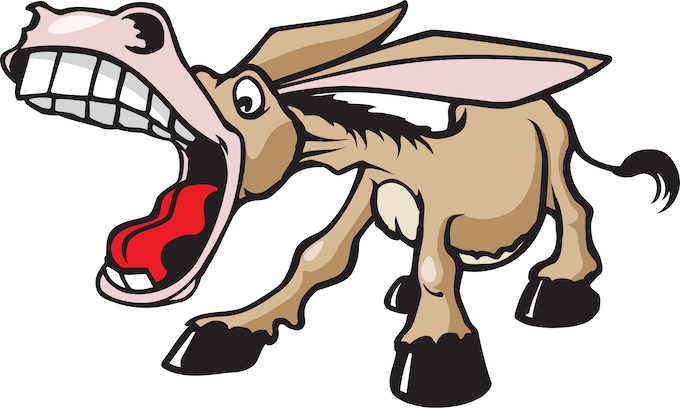
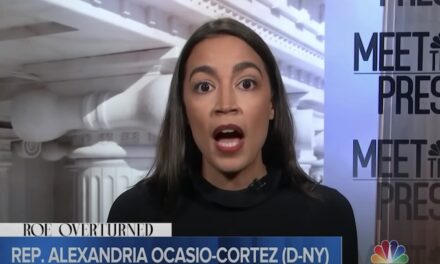
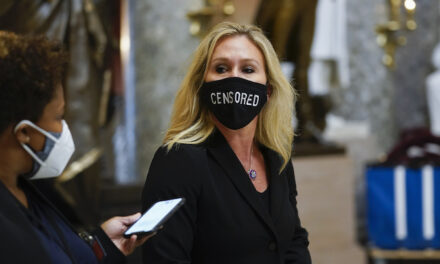
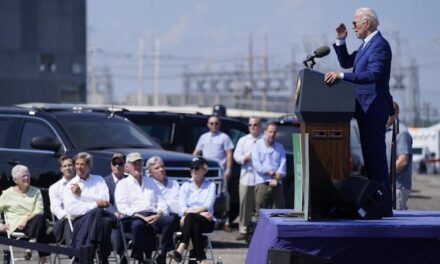
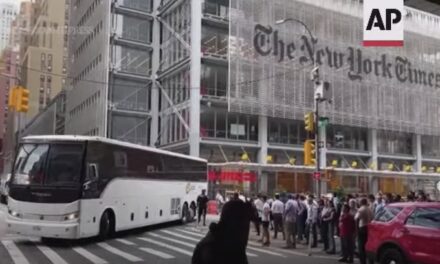








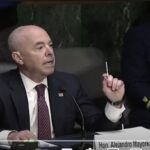

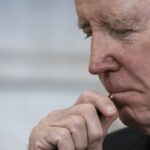
“The proposal would set different criteria for early-voting states that favor primaries over caucuses and diversity over tradition. If approved, the changes would affect the party’s process in 2024 when President Joe Biden is expected to again seek in the party’s nomination.”
Biden running again—what the hell.
The only thing Biden should be running for is his ice cream cone, and he doesn’t do that well either especially with his flavor choice.
WHY IS everything “about diversity”??
There should be a tighter time frame for primary voting, it drags out too long and by the time some of the later states get around to voting highly touted and popular candidates have withdrawn for various reasons that would have been excellent choices.
AND there shouldn’t be 2=3 WEEKS AFTER A VOTE, before everyting is damn well counted..
anything the demoncrats want to do scares me.
Nice pic of AOC.